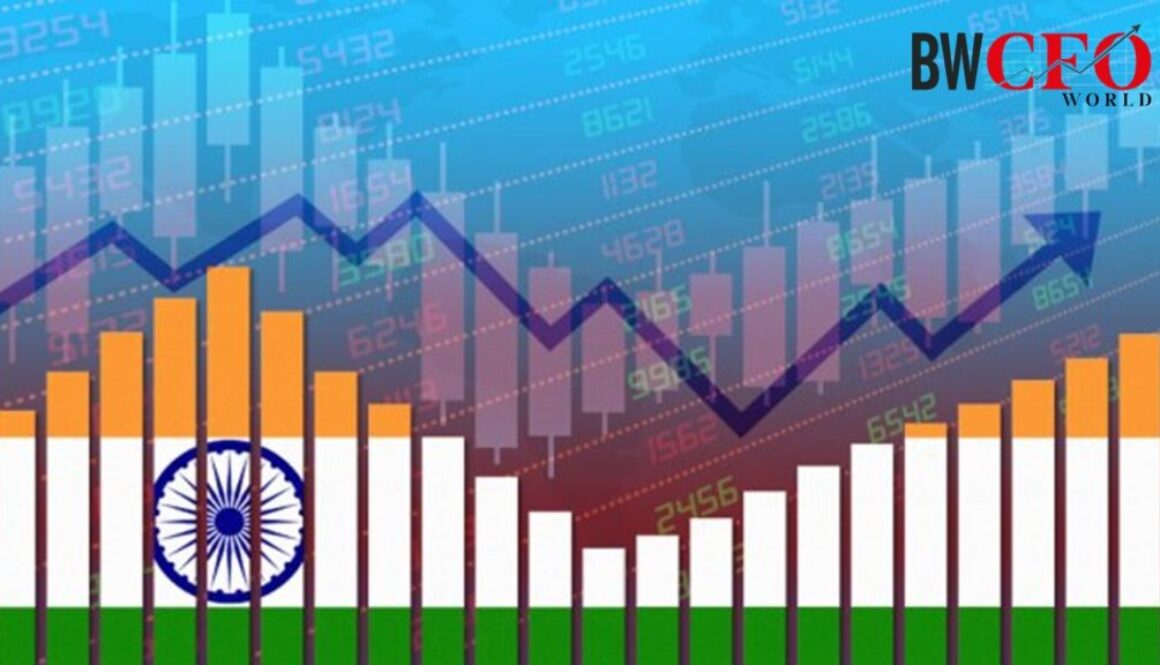Ipsos Report Shows Urban India’s Resilience In Inflationary Environment
The report illustrated how urban consumers would cut back on discretionary spending to survive in a tougher macroeconomic environment
Global citizens and urban Indians are in a not so alarming state in terms of their financial conditions currently and majority are either comfortable or are scraping through, shows a new report by Ipsos.
The report titled, “Ipsos Inflation Monitor 2022” states that Indians for instance, are mostly coping fine with 25 per cent saying that they are living comfortably, 29 per cent doing alright, 24 per cent just about getting by, but on the contrary 13 per cent finding it quite difficult and 8 per cent finding it very difficult to cope with their financial conditions.
The report highlighted similar trends for global citizens as well with 12 per cent living comfortably, 28 per cent doing alright and 30 per cent just about getting by; on the flip side 19 per cent were finding it quite difficult and 10 per cent were finding it very difficult.
The report stated that there were some markets which claimed to be going through tough financial conditions: Turkey for instance had at least 31 per cent saying they were finding it quite difficult and 33 per cent finding it very difficult. Argentina had 44 per cent claiming they were finding it quite difficult and 24 per cent finding it very difficult.
On the outlook for the rest of the year, the report says that urban Indians predict cost of living to go up in the remainder of the year.
On the Inflation front 35 per cent believe it will rise a lot, 33 per cent say it will rise a little, 15 per cent say it will stay the same and 14 per cent say it will fall a lot.
For unemployment numbers in India, 28 per cent said it will rise a lot, 31 per cent believe it will rise a little, 19 per cent say it will stay the same and 18 per cent believe it will fall a lot/ little.
Own standard of living – while 7 per cent believe it will fall a lot and 11 per cent believe it will fall a little, 29 per cent say it will stay the same and about 50 per cent are optimistic their standard will rise a lot or little.
Taxes paid – 23 per cent say rise a lot, 35 per cent say rise a little, 26 per cent say will stay the same and 11 per cent said it will fall a lot/ little.
Interest rates – 22 per cent expect it to rise a lot, 35 per cent feel will rise a little, 22 per cent say stay the same and 16 per cent feel will fall a little or a lot.
Disposable income — 9 per cent believe their disposable income will fall a lot and 11 per cent say it will fall a little, but the majority are optimistic. While 48 per cent believe their disposable income will rise a lot and 27 per cent feel it will stay the same.
“Cost of living is increasing due to the prolonged pandemic, global economic slowdown and the continuing War in Ukraine even in India, though the urban consumer is better placed financially, to deal with it. In smaller towns, the impact would be felt a lot more,” said Amit Adarkar, CEO, Ipsos India.
“But if we look at the future outlook, fear around rising household expenditure, utilities, ability to pay bills in the future is increasing and real. Also, citizens expect inflation, interest rates, taxes to increase. Even unemployment could further increase, is the fear of more urban Indians, for the next 6 months,” Adarkar added.
The report also illustrated some potential consumer actions in the current inflationary environment. It stated that 40 per cent of Urban Indians would spend less on socialisng, 38 per cent would delay large purchase decisions and spend less on holidays.
“Urban consumers believe they will need to cut back on discretionary spending to survive in the tougher macro environment, if it worsens in the next 6 months. By curtailing spending on socialising, holiday trips, using less of personal vehicles (to save on fuel costs) and even postpone purchases of big-ticket items. Desperate times would call for desperate measures, in case it would unfold,” stated Adarkar.
Among factors which the respondents identified for driving inflation include policies of the national government, interest rates in their countries, state of global economy, the war in Eastern Europe, Covid-19 pandemic, businesses making excessive profits and immigration in their countries.
The survey was conducted in 28 countries around the world and approximately 500-1,000 individuals participated on a country-by-country basis via the Ipsos Online Panel.

